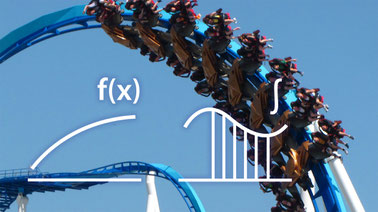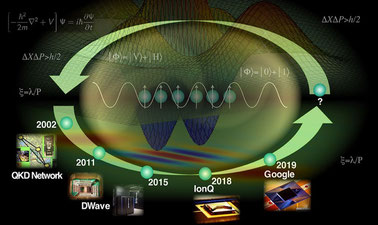The online electric generator and motor simulations on this page will help you to better understand how these machines work and what are some of their most important types.
Electromagnetic induction is the process by which an electric current is produced in a conductor when it is exposed to a magnetic field that changes with time. This current is produced due to the interaction between the magnetic field and the electrons in the conductor.
The phenomenon of electromagnetic induction was discovered by Michael Faraday in 1831, who observed that moving a magnet inside a coil of wire generated an electric current in the wire. This discovery laid the foundation for the generation of electricity on a large scale.
Faraday’s law states that the magnitude of the electromotive force induced in a circuit is proportional to the change in magnetic flux through the circuit. Magnetic flux is defined as the product of the magnetic field and the area perpendicular to it. Therefore, when a conductor moves through a magnetic field that changes with time, the magnetic flux through the conductor changes, which induces an electric current in the conductor.
Electromagnetic induction is used in a wide range of applications, including electric generators, transformers and electric motors. Electric generators use electromagnetic induction to convert mechanical energy into electrical energy. Electric motors, on the other hand, use the electric current generated by electromagnetic induction to produce motion.
Electromagnetic induction is also used in electronic devices such as magnetic card readers or wireless technologies, such as wireless chargers, which use induction to transfer energy through magnetic fields.
Explore the exciting STEM world with our free, online simulations and accompanying companion courses! With them you'll be able to experience and learn hands-on. Take this opportunity to immerse yourself in virtual experiences while advancing your education - awaken your scientific curiosity and discover all that the STEM world has to offer!
- Generator
- Lorentz I
- Lorentz II
- DC I
- DC II
- Homopolar
Generator
Generate electricity with a bar magnet! Discover the physics behind the phenomena by exploring magnets and how they can be used to make a light bulb.
File
This Java simulation cannot run on this device because it has a screen that is too narrow. We recommend that, for a better user experience, you run it on a device with a wider screen.
Although this Java simulation can be run on your device, we recommend that for the better user experience, you run it on a device with a wider screen.
Lorentz force I
When a current flows through a conductor placed in a magnetic field, the conductor is forced to move. The direction of this force is perpendicular to the current and the magnetic field.
Lorentz force II
This is a second simulation to study the Lorentz force.
DC Motor I
This simulation shows the principle of a DC electric motor. When current is applied to the coil, the direction of the current flowing in the left and right parts of the coil are opposite. Therefore, the direction of the force received by the coil is reversed, and the coil rotates. The direction of the current is changed by the commutator every half turn of the coil, so the coil continues to rotate in the same direction.
DC Motor II
This simulation is another example of the operation of a DC electric motor.
Homopolar electric motor
This simulation shows the principle of a homopolar electric motor. The homopolar motor is a motor that operates using only one polarity of the magnet. The homopolar motor has a very simple structure, is easy to make and is often used in schools to learn the principles of electric motors.
Physics courses


Circuits for Beginners



The Basics of Transport Phenomena



AP® Physics 1 – Part 4: Exam Prep



AP® Physics 1 – Part 1: Linear Motion



Principles of Modeling, Simulations, and Control for Electric Energy Systems



Principles of Electric Circuits | 电路原理



Electrotechnique I



Electromagnetic Compatibility Essentials

Other courses


Industrial Biotechnology


Circuits for Beginners



Electricity and Magnetism, Part 1



Dynamics and Control



Principles of Electric Circuits | 电路原理



Astrophysics: Exploring Exoplanets



Capstone Exam – Materials for Electronic, Optical, and Magnetic Devices



Principles of Modeling, Simulations, and Control for Electric Energy Systems




















